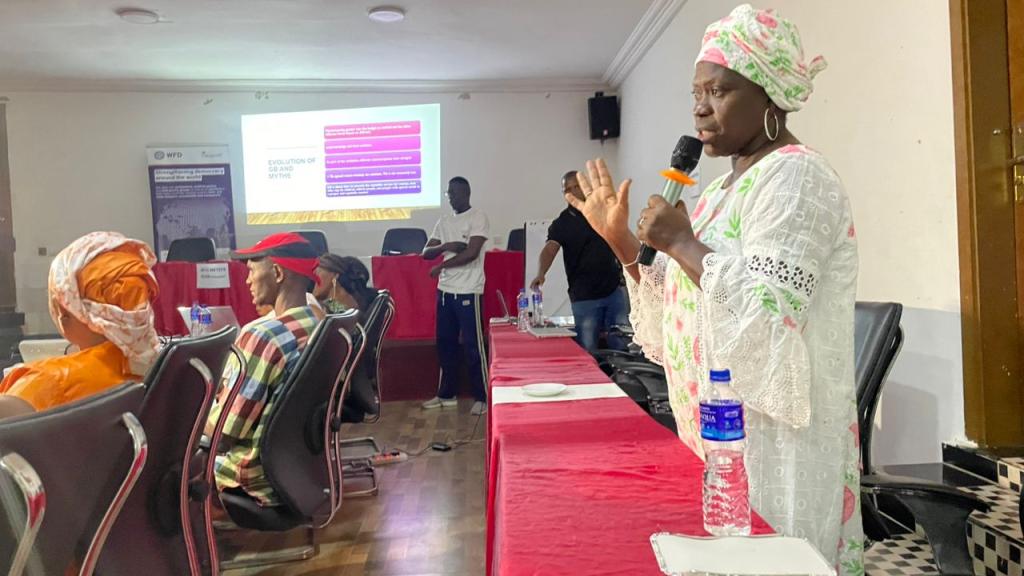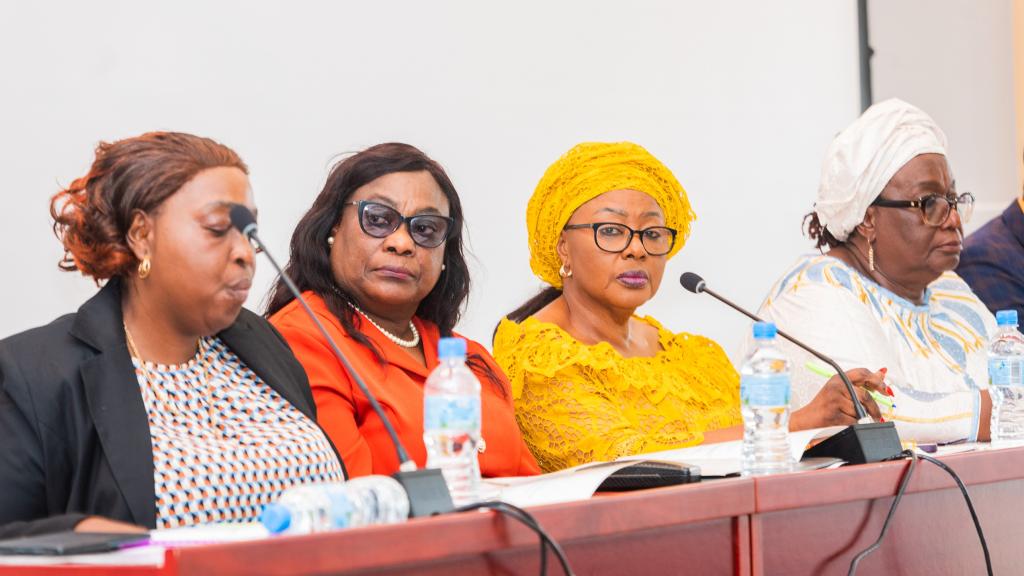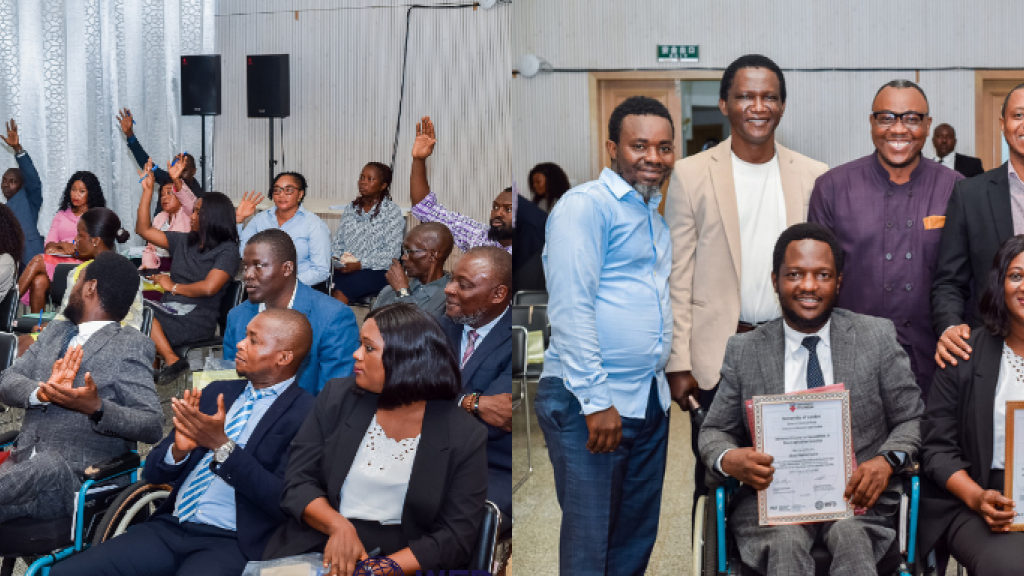Initiating post-legislative scrutiny practices and systems in the Sierra Leonean Parliament
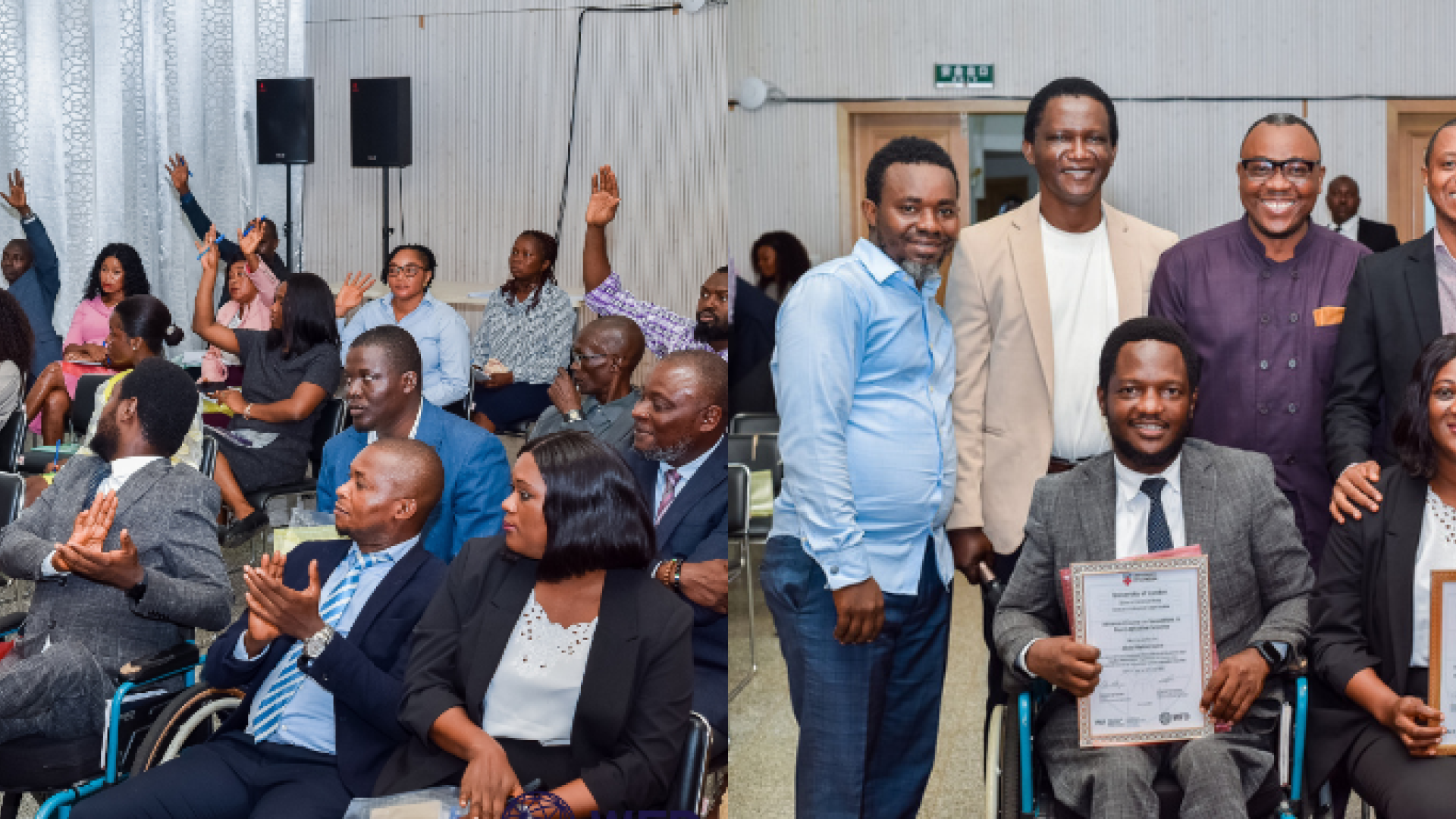
Parliaments and local governments are essential for effective, and inclusive democratic governance. Post-legislative scrutiny (PLS) – a procedure for ensuring laws serve the purpose for which they were designed and analysing the unintended consequences of those laws – has never been put into practice in Sierra Leone.
Earlier this year, the Parliament of Sierra Leone passed the Parliament Act 2023 to codify existing laws and other acts done by and on behalf of the Parliament. The act aims to support the general administration of the Parliament of the Republic of Sierra Leone and made provision for the establishment of the Office of the Law Clerk.
This provision has been actioned due to capacity gap in reviewing existing legislation . In July 2023, WFD supported three staff of Parliament and one from the CSO community with the capacity needed for the establishment of the office of the law clerk as prescribed in the Parliament Act 2023.
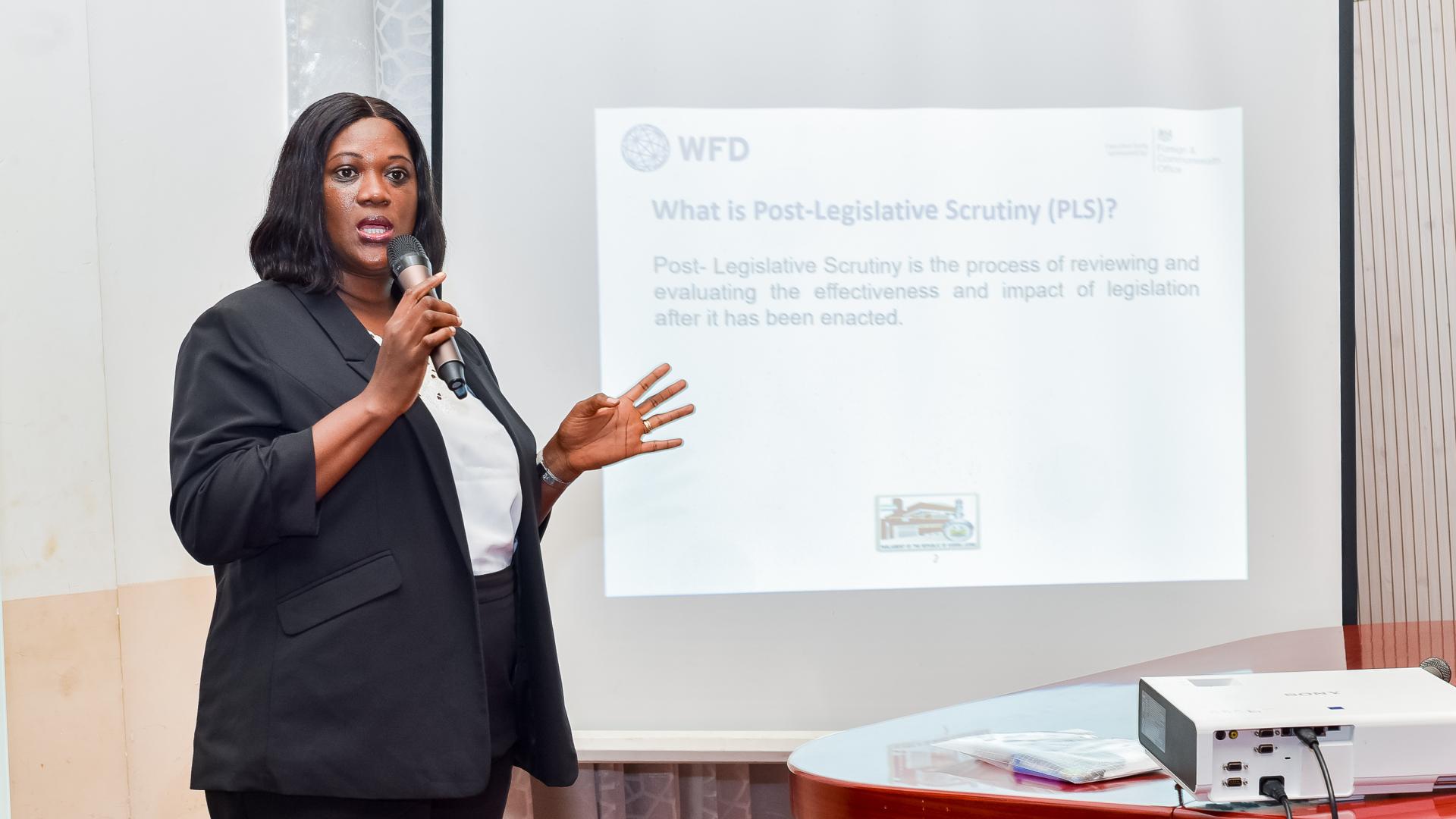
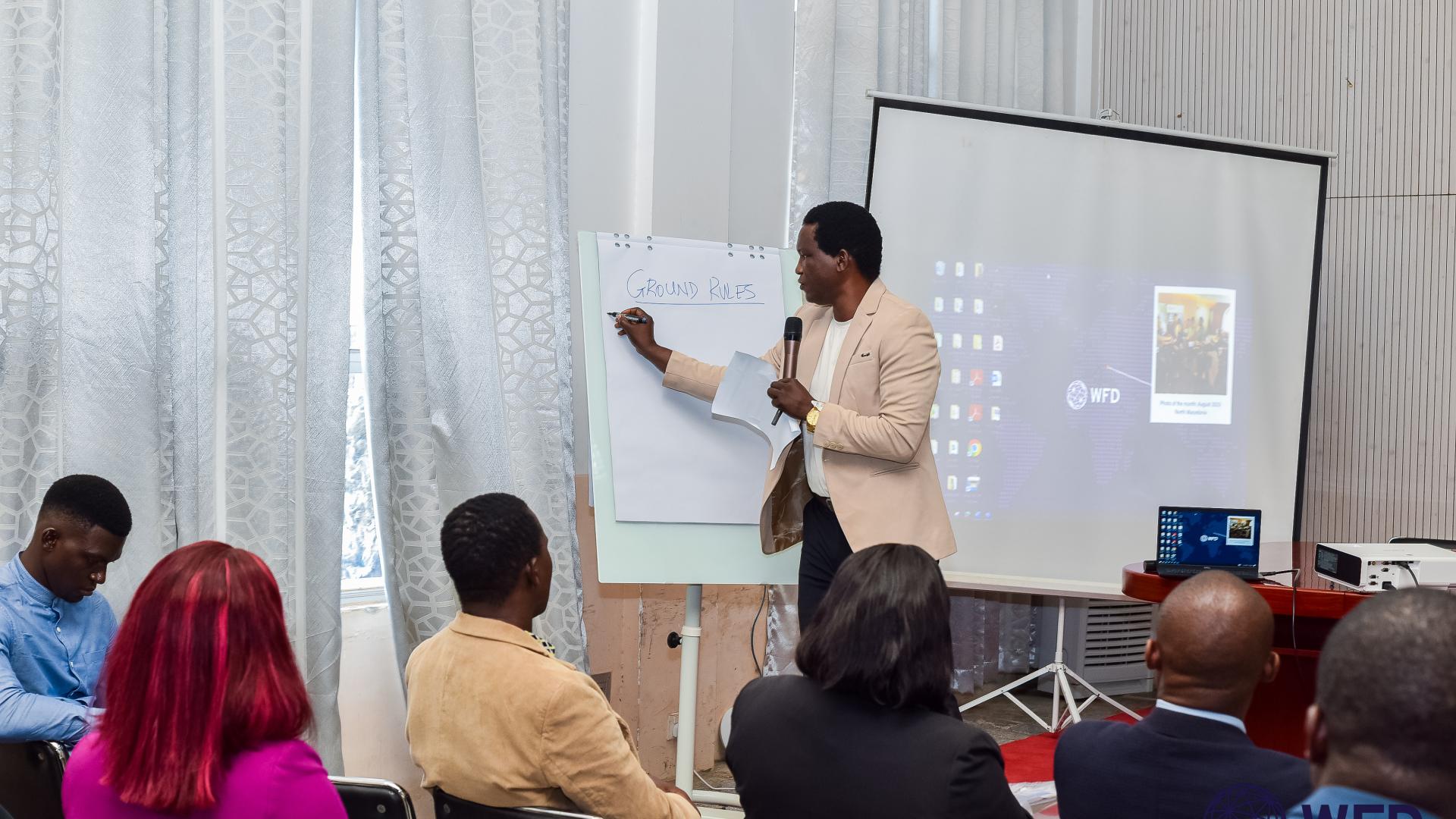
As part of WFD’s continual support to parliament, a training on post-legislative scrutiny (PLS) was introduced. WFD provided scholarships to four people (three parliamentary staff from the legislative department and one CSO leader) who took part in the Advance Course on Post Legislative Scrutiny officered by IALTS in partnership with WFD.
The administration of the Parliament of Sierra Leone is headed by the Clerk of Parliament, aided by a deputy clerk. This office oversees procedural review in the design of legislation, gaps in implementation and enforcement, and the positive and negative impacts that hinder or contribute to achieving policy goals, and service delivery for citizens, as well as the rule of law and democratic governance. The office of the Law Clerk was set up upon the completion of the PLS training by the Staff of Parliament.
The PLS training has had a direct impact in parliament fulfilling its structural mandate in its legislative process.
The Parliament in a special certification ceremony celebrated these staff in a packed event in which the Director General of Parliament, Madam Finda Fraser, distributed the certificates to the three parliamentary staff who underwent the training with the University of London.
Following the completion of the IALTs training, a scale up training was rolled out for Parliamentary committee clerks, legislative clerks and law clerks of which over fifty parliamentary staff participated.
The training sessions for Parliamentary Committee clerks, legislative, office of the Law Clerk and other departments on PLS will contribute to deepening the parliament’s members knowledge on the impacts of legislation and increased its capacity to ensure legislation meets the needs of relevant stakeholders, support parliament to begin paying attention to the implementation of laws that have been passed, so the desired outcome can be achieved.
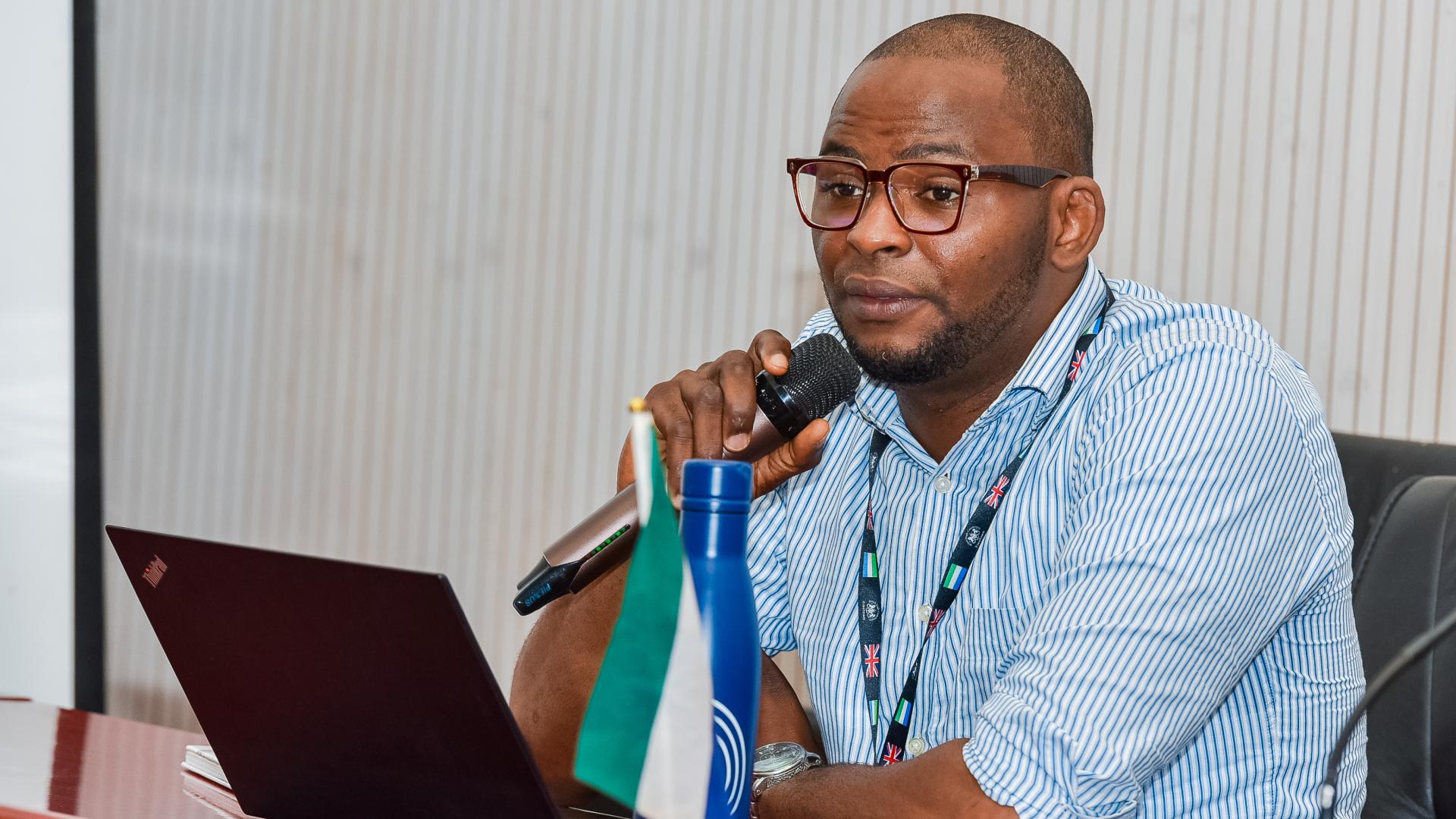
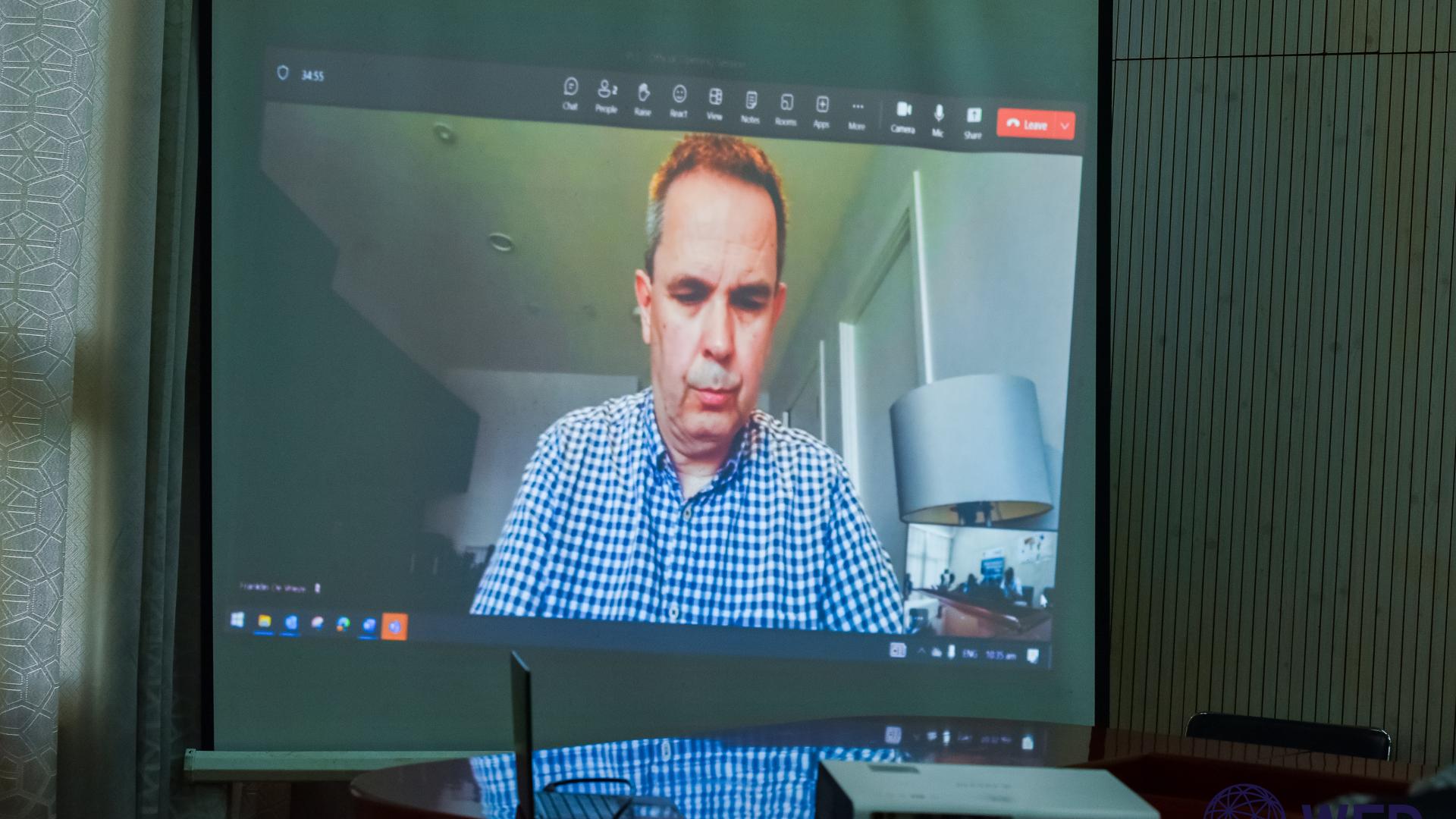
WFD's in-house expert on post-legislative scrutiny, Franklin De Vrieze led this process.
Major outcomes of these process are:
- Two out of the three certified PLS participants got appointed to head the office of the law clerk department which was set up as a specialized department to support Parliamentary legislation and post-legislative scrutiny.
- All committee and legislative staff of parliament are now training on the PLS process.
- The Parliamentary training centre has required that we support them to review and domesticating PLS as part of their training curriculum for members of Parliament.
"PLS is a fundamental tool for Parliaments across the world and Sierra Leone Parliament has never done one, having staff trained on this is a novelty that will sustain what the people think about a particular instrument”.
- Hon. Paran Umar Tarawallie, Clerk of Parliament
The WFD programme in Sierra Leone is focused on re-building commitment to positive and non-combative parliamentary processes that promote citizens’ participation in the legislative process.
